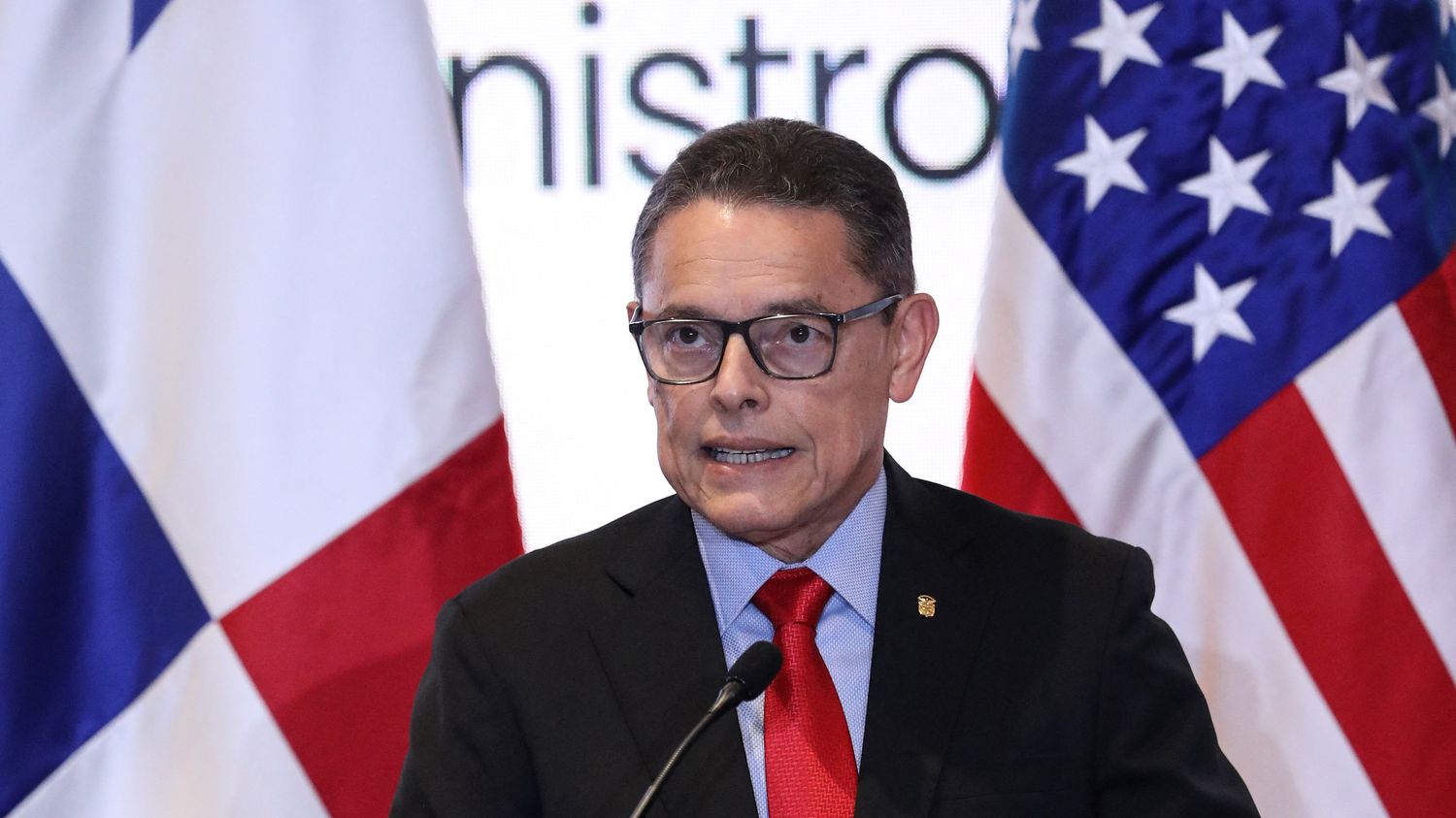Title: Panama Rejects US Military Base: A Deep Dive into Geopolitical Implications
Editor's Note: Panama's unwavering stance against establishing a US military base has sparked intense global discussion. This in-depth analysis explores the key factors driving Panama's decision and its broader geopolitical ramifications.
Why It Matters: Panama's strategic location, bordering both the Atlantic and Pacific oceans, makes it a highly coveted location for military bases. This article examines the historical context of US-Panamanian relations, the economic implications of rejecting a base, the potential impact on regional stability, and the broader implications for US foreign policy in Latin America. We'll explore keywords like Panama Canal, US military bases, Latin American geopolitics, Panama sovereignty, and national security.
Key Takeaways of Panama's Stance:
| Takeaway | Description |
|---|---|
| Sovereignty and National Identity | Panama prioritizes its independence and self-determination. |
| Economic Considerations | Weighing the economic pros and cons of a US base, focusing on long-term stability. |
| Regional Relations | Maintaining balanced relations with regional powers, avoiding potential conflicts. |
| Historical Context | Acknowledging past US influence and striving for a new era of cooperation. |
Panama Stands Firm Against US Base
Introduction: Panama's steadfast refusal to host a US military base underscores the complex interplay between national sovereignty, economic interests, and regional stability. This decision carries significant weight, not only for Panama but also for the broader geopolitical landscape of Latin America.
Key Aspects of Panama's Decision
Panama's decision is multifaceted, influenced by several key aspects:
-
National Sovereignty: Panama fiercely protects its independence and autonomy, viewing a US military base as a potential infringement on its sovereignty. This sentiment is deeply rooted in historical experiences.
-
Economic Considerations: While a US base could bring short-term economic benefits, Panama prioritizes long-term economic stability and sustainable development, potentially less reliant on foreign military presence.
-
Regional Relations: Panama seeks to maintain balanced and positive relations with all its regional neighbors. The presence of a US base could strain these relationships, potentially creating unnecessary tension.
-
Historical Context: The legacy of US intervention in Panama, particularly regarding the Panama Canal, significantly shapes the current national narrative and reinforces the desire for self-determination.
The Role of the Panama Canal
Introduction: The Panama Canal's strategic importance cannot be overstated. Its operation and security are paramount to Panama's national interests.
Facets:
- Role: The Canal is a vital economic artery, generating significant revenue and supporting Panama's economy.
- Examples: The Canal's efficiency and reliability are key to global trade.
- Risks: A US military base might jeopardize the Canal's neutral status and attract unwanted international attention.
- Mitigation: Panama's focus on maintaining control over the Canal's operations and security mitigates potential risks.
- Impacts: Panama safeguards the Canal's continued operation and its central role in global commerce.
Summary: The Panama Canal's importance is inextricably linked to Panama's decision to maintain its national sovereignty and prevent any potential disruption to its operations.
US Foreign Policy Implications
Introduction: Panama's rejection of a US military base has significant ramifications for US foreign policy strategies within Latin America.
Further Analysis: The US needs to reassess its approach to engaging with Panama and other Latin American nations. A more collaborative and respectful approach, emphasizing mutual benefit and shared interests, will likely yield better results than imposing military presence.
Closing: Panama's decision serves as a reminder that successful foreign policy requires understanding and respecting the sovereignty and unique circumstances of each nation. Ignoring these factors often leads to counterproductive outcomes.
Key Insights: Panama's Stance
| Insight | Impact |
|---|---|
| Strong emphasis on national sovereignty | Reinforces Panama's independent foreign policy |
| Economic considerations supersede short-term gains | Promotes long-term economic stability and sustainable development |
| Maintaining regional balance is a priority | Strengthens relations with neighbors and fosters regional peace and stability |
| Historical context guides current decisions | Shaped by past experiences, Panama is forging a new path of cooperation |
FAQ
Introduction: This section addresses common questions surrounding Panama's decision.
Questions:
-
Q: Why is Panama rejecting a US military base? A: Panama prioritizes its national sovereignty and independence.
-
Q: What are the economic implications for Panama? A: Panama seeks sustainable economic growth, less dependent on a military base.
-
Q: How will this affect US-Panamanian relations? A: Requires a reassessment of US foreign policy in the region.
-
Q: What is the role of the Panama Canal in this decision? A: Protecting the Canal's neutrality and operational stability is crucial.
-
Q: How might this decision impact regional stability? A: Panama aims to maintain balanced relations with all regional players.
-
Q: What are the alternatives for US military presence in the region? A: The US needs to explore alternative strategies for regional security cooperation.
Summary: The FAQs highlight the multifaceted nature of Panama's decision, showcasing its commitment to self-determination and sustainable development.
Tips for Understanding Panama's Position
Introduction: This section provides insights into understanding Panama's perspective.
Tips:
- Consider Panama's historical experiences with US intervention.
- Analyze Panama's economic priorities and development goals.
- Examine Panama's regional relationships and diplomatic efforts.
- Understand the significance of the Panama Canal to Panama's national identity.
- Research the current geopolitical climate in Latin America.
Summary: Understanding Panama's decision requires a holistic approach, taking into account historical context, economic factors, and regional dynamics.
Summary of Panama's Firm Stance
Resumen: This article has explored Panama's unwavering refusal to host a US military base, examining the complex interplay of national sovereignty, economic considerations, regional relations, and historical context. Panama's decision underscores the importance of respecting national sovereignty and engaging in collaborative, mutually beneficial partnerships.
Mensaje Final: Panama's stance serves as a potent reminder of the ever-evolving geopolitical landscape and the crucial need for respectful and mutually beneficial relationships between nations. It highlights the importance of prioritizing long-term stability and national interests over short-term strategic gains.

